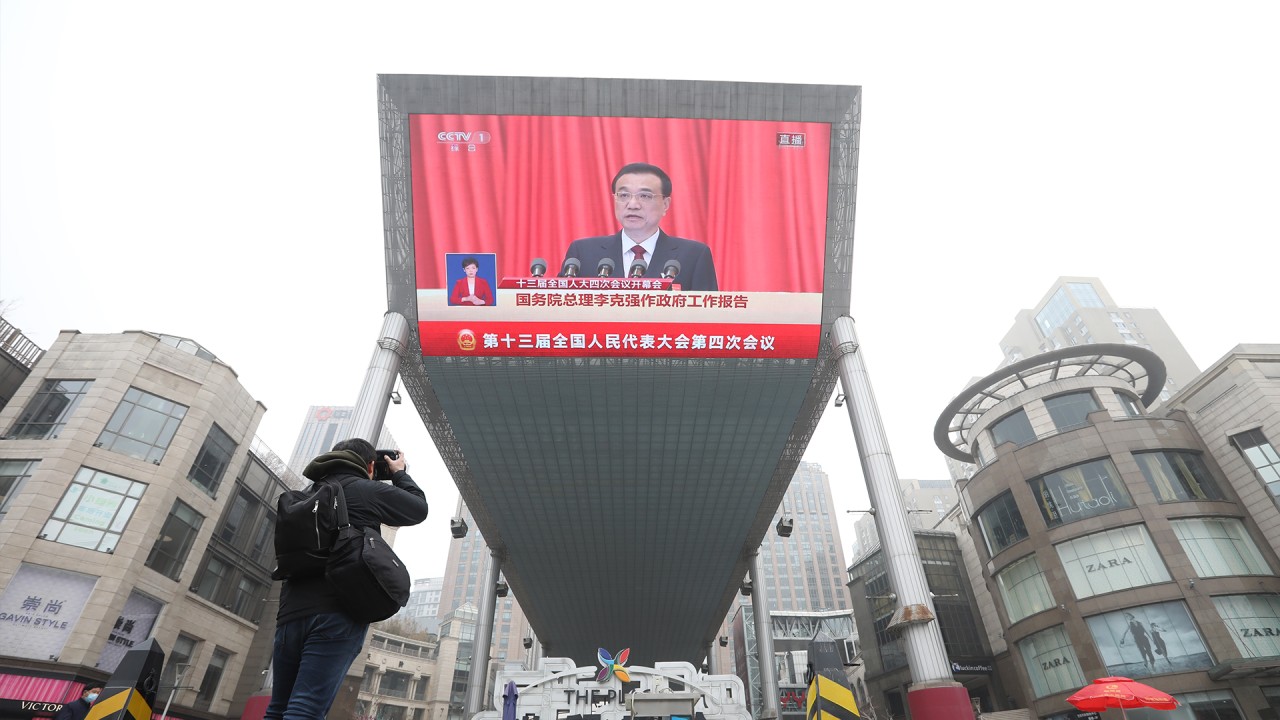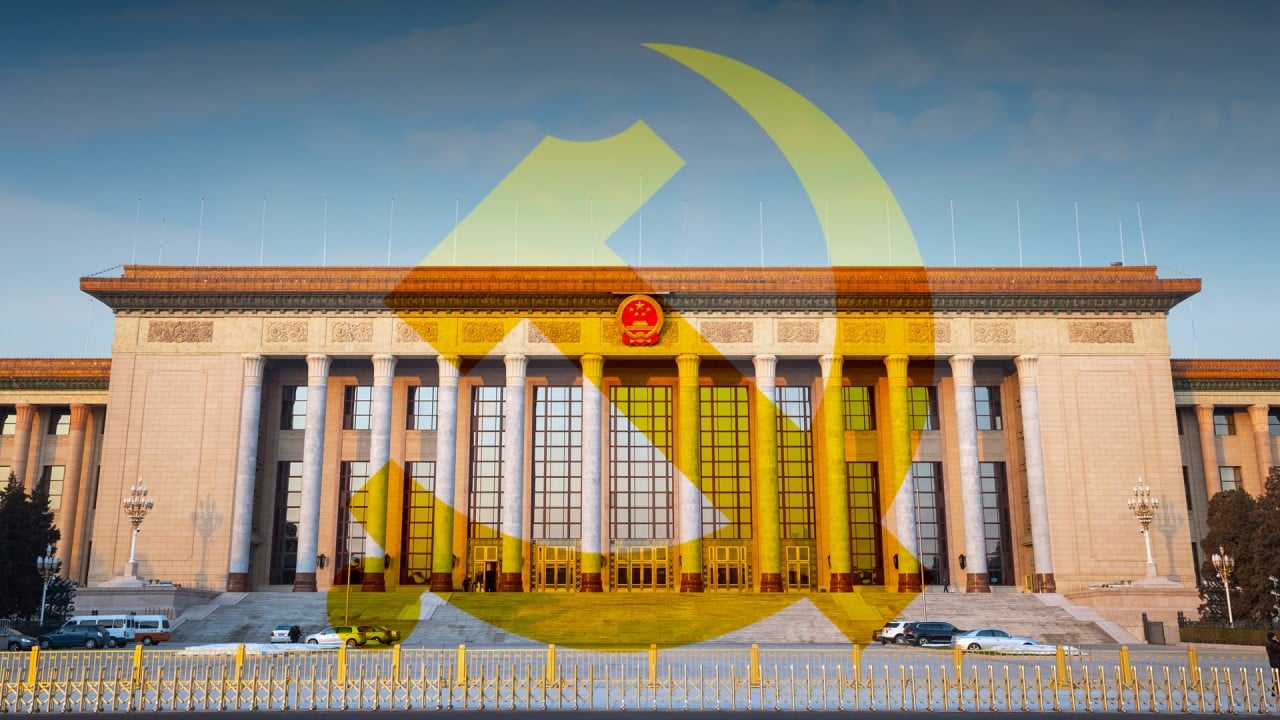
China’s political gender gap remains huge. So much for women holding up half the sky
- The roots of the problem of low female political participation lie in the depths of China’s patriarchal culture
- Party membership is a basic requirement if a woman wants to rise through the ranks of government and yet, out of 91 million members, only 28 per cent are women
“Women shine at China’s ‘two sessions’,” said a glowing Xinhua headline earlier this month. The article went on to note: “In the 13th National People’s Congress and the National Committee of the 13th Chinese People’s Political Consultative Conference, there are 742 female deputies and 440 female members respectively, marking a historic high for female representation.”
However, women still account for less than a quarter of all NPC and CPPCC members. As China inches towards greater female participation in politics, it is being outpaced by many other countries.
The Global Gender Gap Report 2020, which tracks progress towards gender equality, ranked China 106th out of 153 countries surveyed, down three places from the year before. In the latest Women’s Power Index, China was ranked 150th out of 193 UN member states in political parity.
Down among the grass roots, the representation of women on village committees was low to start with and the introduction of village elections in recent decades has led to a further decline. It has been estimated that around 1 per cent of heads of village committees are women.

How can this be? China has one of Asia’s highest rates of female participation in the workforce. Furthermore, the Communist Party has long trumpeted gender equality. Chairman Mao famously proclaimed: “Women hold up half the sky.”
When the party took power in 1949, Chinese women were in a miserable position, with low literacy and labour participation rates. The first NPC in 1954 was attended by 147 women representatives, or 12 per cent of all representatives; by 1975, women accounted for 22.6 per cent. Since then, however, female participation in the NPC has hovered at this level.
The roots of the problem of low female political participation lie in the depths of China’s patriarchal culture. Hostile attitudes towards women in public affairs, along with domestic burdens that are traditionally placed on women, prevent rural women from entering politics in villages, which also tend to be more conservative than cities.
To celebrate women, Singapore must change how men think about sexual harassment
I witnessed this first-hand when I used to spend weekends in a village near the Ming tombs outside Beijing, where I rented a cottage. My next-door neighbour and caretaker was a very capable woman in her 50s known as Big Auntie Bai. Some 10 years ago, she bravely made a bid for the position of village chief but narrowly failed.
When I chatted with the villagers, they told me they felt more comfortable with a man as their boss, repeating sayings such as “Women have long hair and are short on knowledge”. Others felt that a decent woman ought to focus her energy on her home.
Beyond the village, things brighten up for women in politics. In the past decades, China has achieved notable progress in enhancing female political influence by implementing quotas on the number of women holding leadership positions in governments.
Three in 10 mid-ranking cadres are women, according to a 2013 book on women in politics written by Song Xiuyan of the All-China Women’s Federation. But the proportion falls at the higher rungs of the political ladder.
To protect its abused women, China must fight ingrained male chauvinism
Also, there are simply not enough women in the Communist Party. Party membership is a basic requirement if a woman wants to rise through the ranks of government and yet, out of more than 91 million party members, only about 28 per cent are women.
This spindle-shaped structure of female political representation is an obstacle to women’s empowerment, and it must be rectified.
China should take a leaf out of other countries’ book and consider gender quotas. France has a law requiring party election lists to be 50 per cent female. Rwanda reserves political seats for women. Perhaps China could introduce a law ensuring that 35 per cent of NPC and CPPCC seats belong to women.
Meanwhile, training programmes should be held for female village cadres, which would boost their confidence and expand their capacities.
The authorities should look beyond the borders and realise that China is in fact lagging behind much of the world in female political participation. Hopefully, this would trigger the government to take action. Given the chance, Chinese women could really shine in politics.
Lijia Zhang is a rocket-factory worker turned social commentator, and the author of a novel, Lotus



